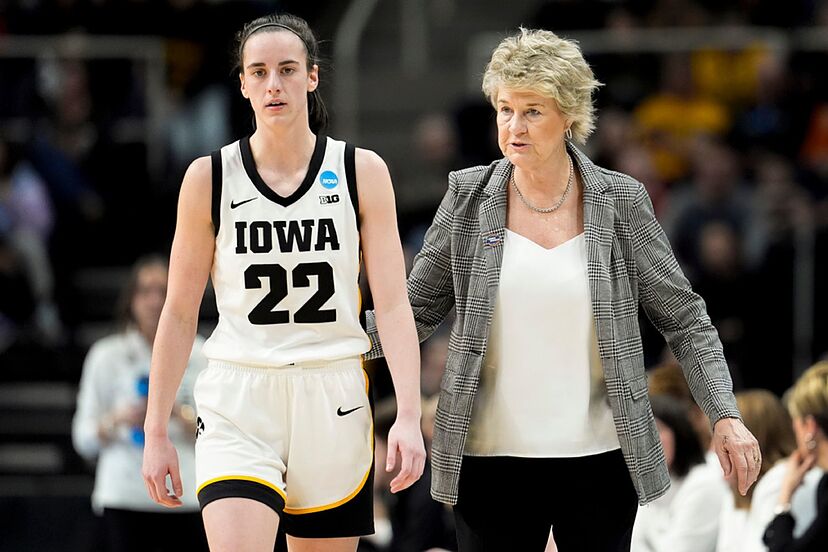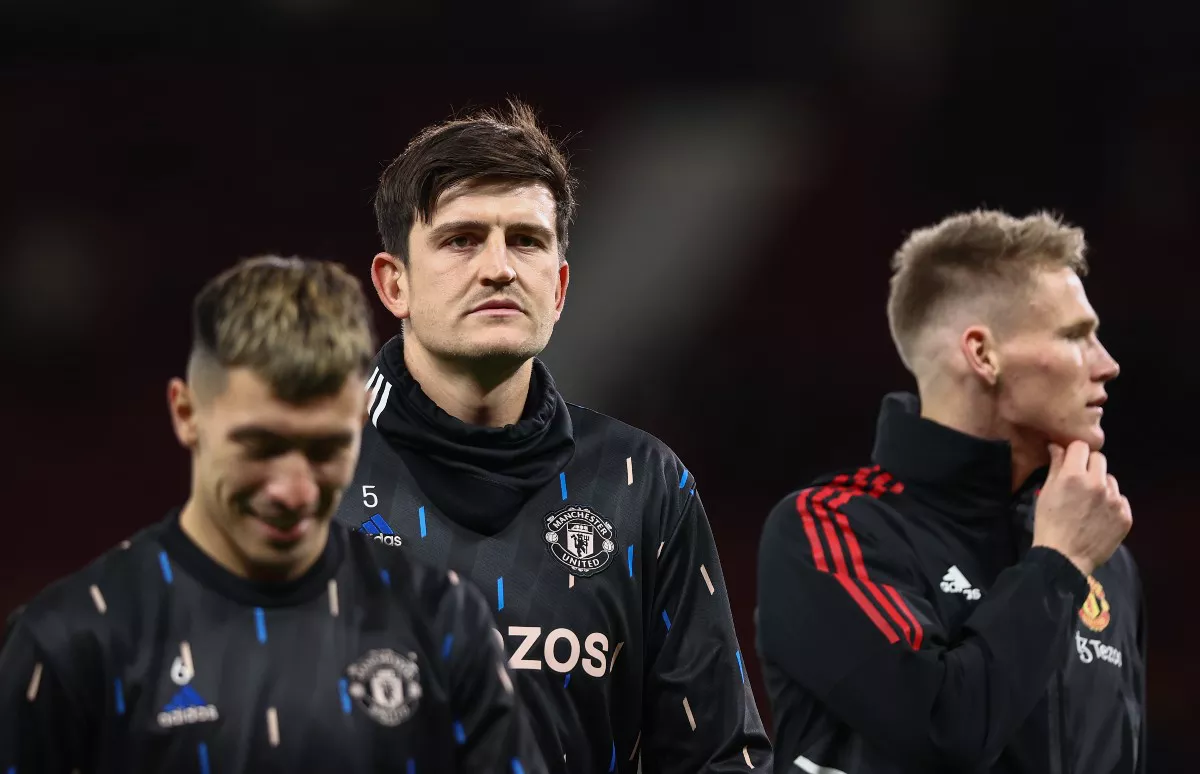Did Caitlin Clark Really Turn Down a $400M Nike Endorsement Because of…? Shocking Revelation Unfolds
In a stunning revelation that has sent shockwaves through the sports world, rising basketball star Caitlin Clark reportedly turned down a staggering $400 million endorsement deal from Nike. The decision has sparked intense speculation and debate, leaving fans and analysts alike wondering about the motivations behind such a bold move.
Sources close to Clark revealed that the endorsement offer from Nike was one of the largest ever presented to a female athlete in any sport. The deal would have catapulted Clark into the upper echelons of sports endorsements, potentially making her one of the highest-paid athletes globally.
However, Clark’s decision to decline the offer was driven by principles that extend beyond financial gain. According to insiders, she expressed concerns over Nike’s labor practices and commitment to social justice issues. Clark, known for her outspoken advocacy on various social causes, reportedly felt conflicted about aligning herself with a brand that she believed did not fully align with her values.
The revelation has drawn widespread praise from fans and activists who applaud Clark for prioritizing integrity and social responsibility over financial gain. On social media, the hashtag #ClarkStandsForMore has been trending, with many expressing admiration for her courage and conviction.
In a statement addressing the decision, Clark emphasized the importance of staying true to oneself and standing up for what is right. “While I am grateful for the opportunity and respect Nike as a brand, I must remain consistent with my values and beliefs,” she said. “I believe in using my platform to advocate for positive change, and that includes supporting companies that share those same principles.”
The decision has not been without its critics, however. Some argue that Clark’s refusal of such a lucrative endorsement deal could hinder her ability to secure similar opportunities in the future. They question whether athletes should prioritize personal beliefs over financial stability, especially given the short lifespan of a professional sports career.
Nevertheless, Clark’s bold stance has resonated deeply with fans who see her as a role model for future generations of athletes. Her commitment to social justice and ethical considerations has set her apart in an industry often criticized for prioritizing profit over principles.
For Nike, the rejection represents a missed opportunity to align with one of the most promising young talents in basketball. The company has faced scrutiny in the past for its labor practices overseas and has made efforts to improve transparency and accountability within its supply chain.
Industry analysts are now speculating on the potential fallout from Clark’s decision and what it could mean for both her career and Nike’s brand image. Some believe that other companies may now approach Clark with endorsement offers that better align with her values, while others argue that her principled stance could enhance her marketability in the long term.
As Clark continues her basketball journey, her decision to turn down the Nike endorsement deal is likely to remain a defining moment in her career. It underscores her commitment to using her platform for positive change and reinforces her status as not just a basketball phenom, but a leader with a conscience.
Moving forward, fans and observers will be watching closely to see how Clark’s career unfolds and whether her principled stance will influence other athletes to consider the broader implications of their endorsement deals. In an industry driven by sponsorship and commercial partnerships, Caitlin Clark’s decision to follow her convictions may well mark a turning point in how athletes navigate the intersection of sports and social responsibility.









